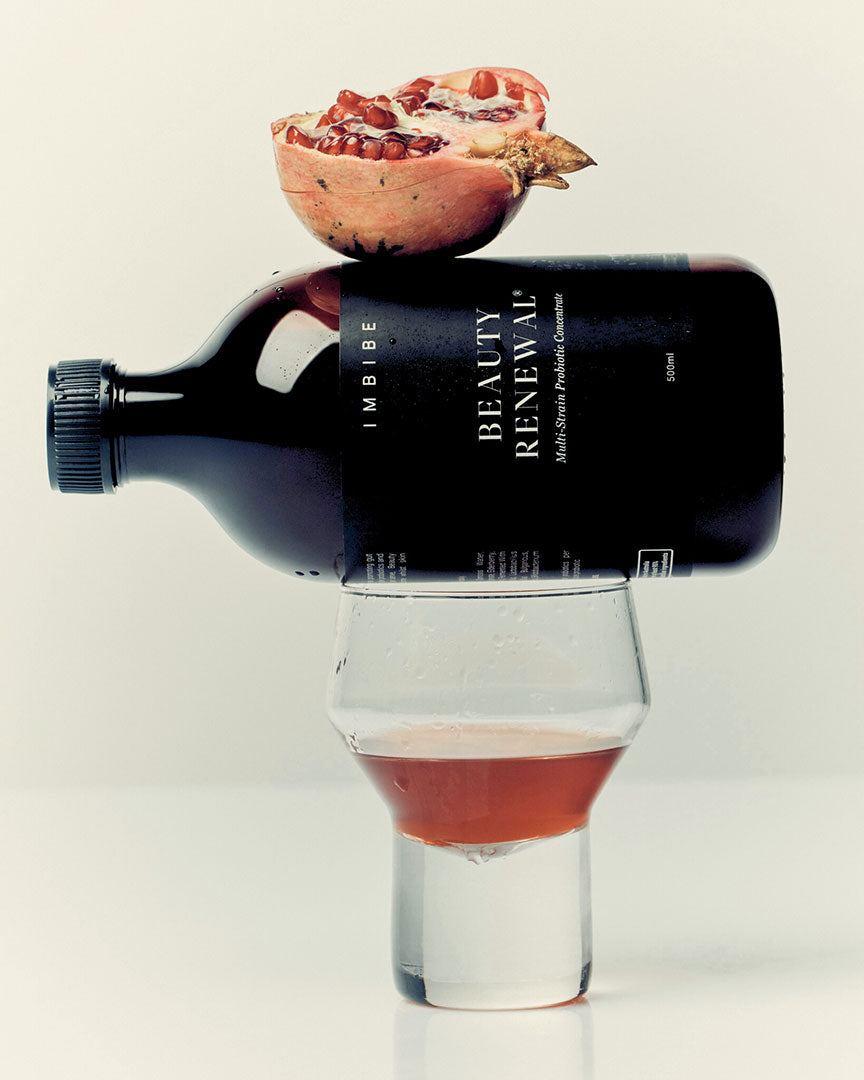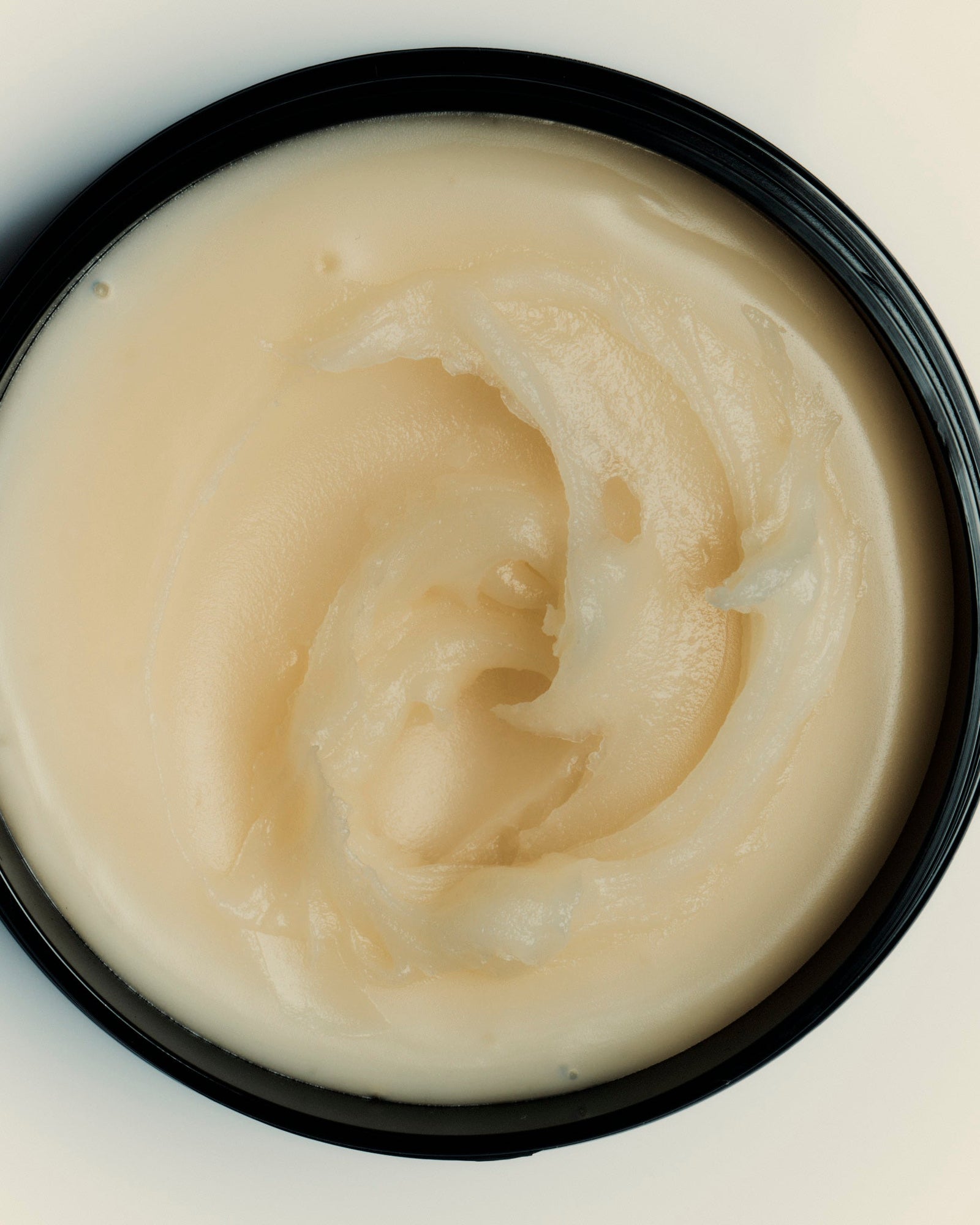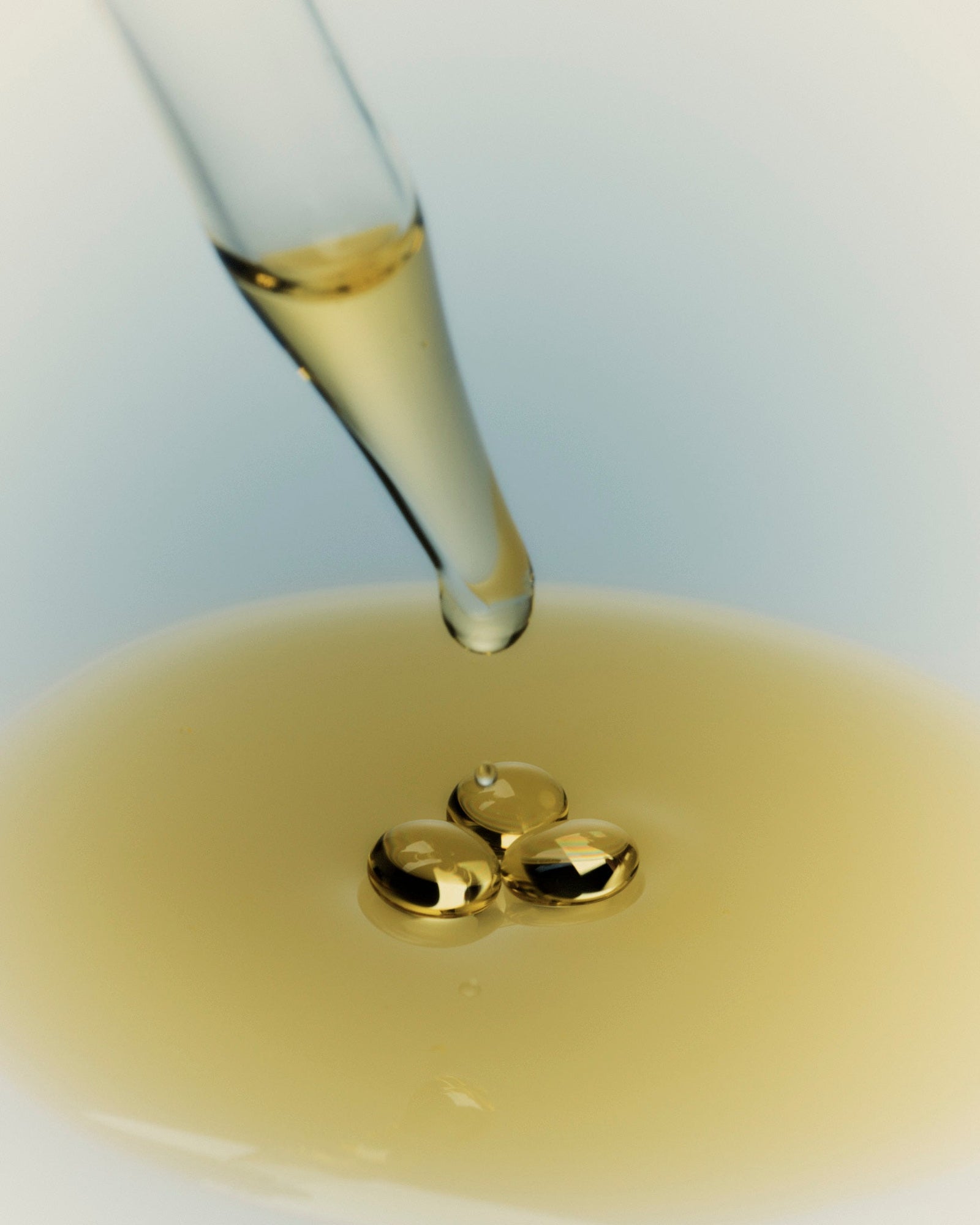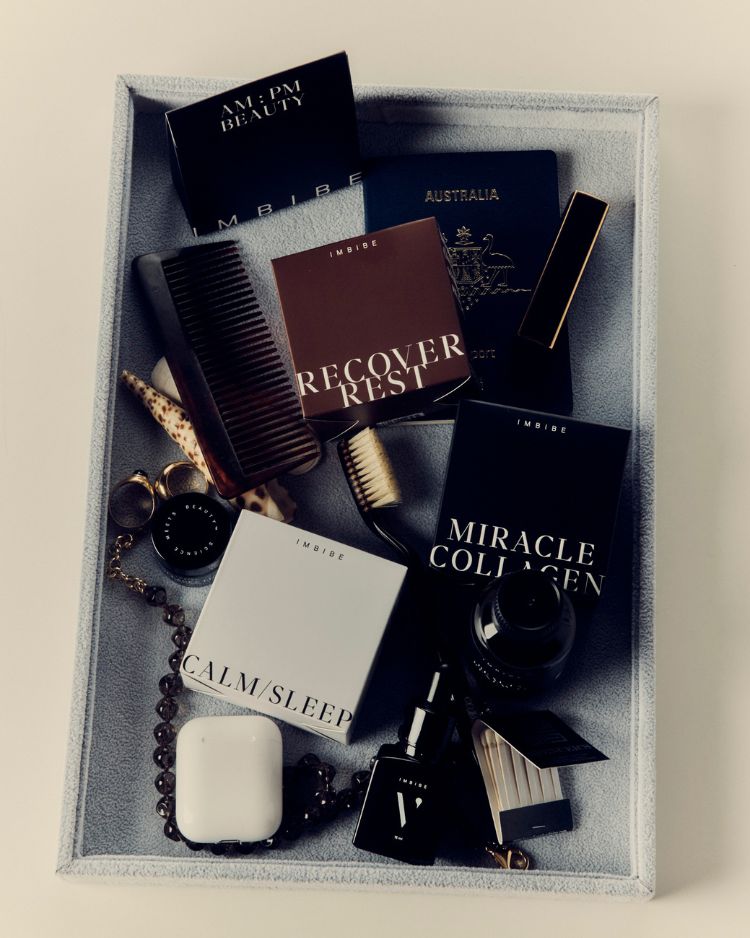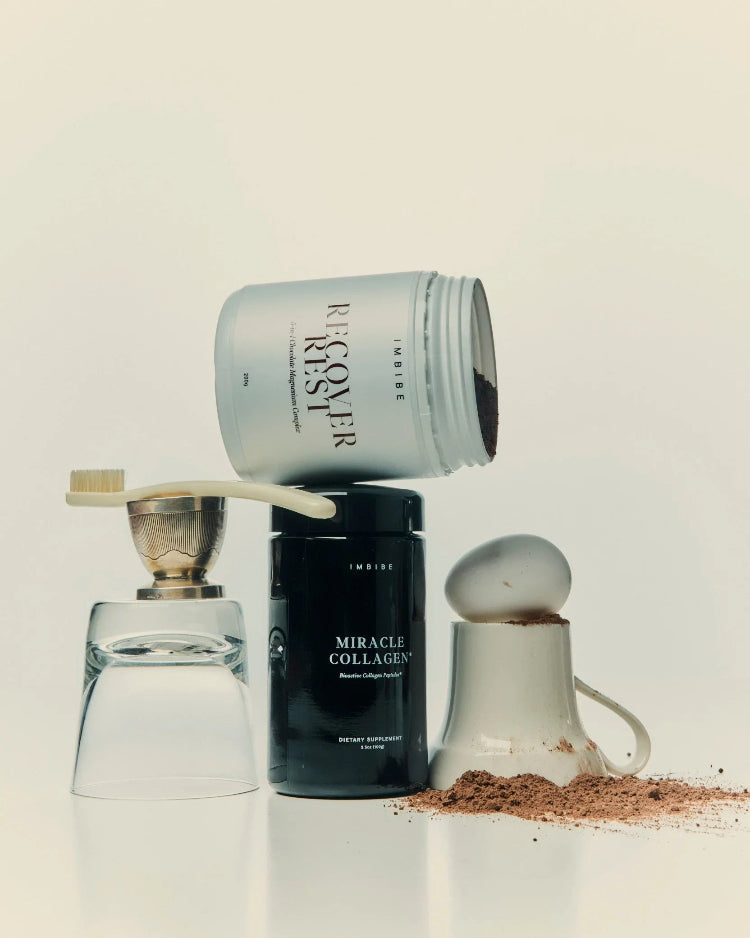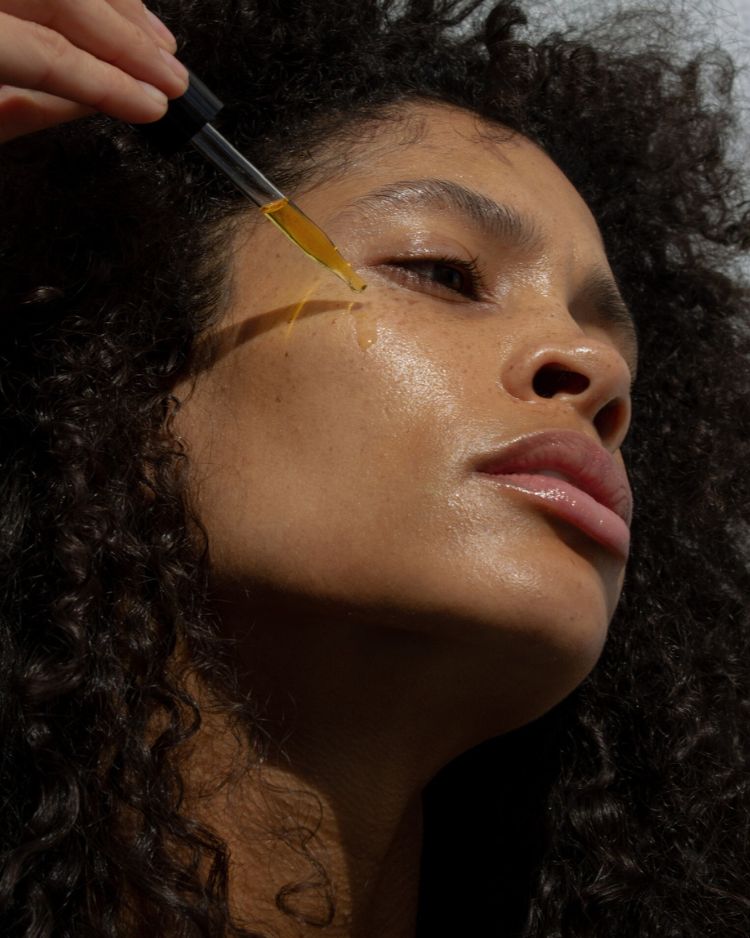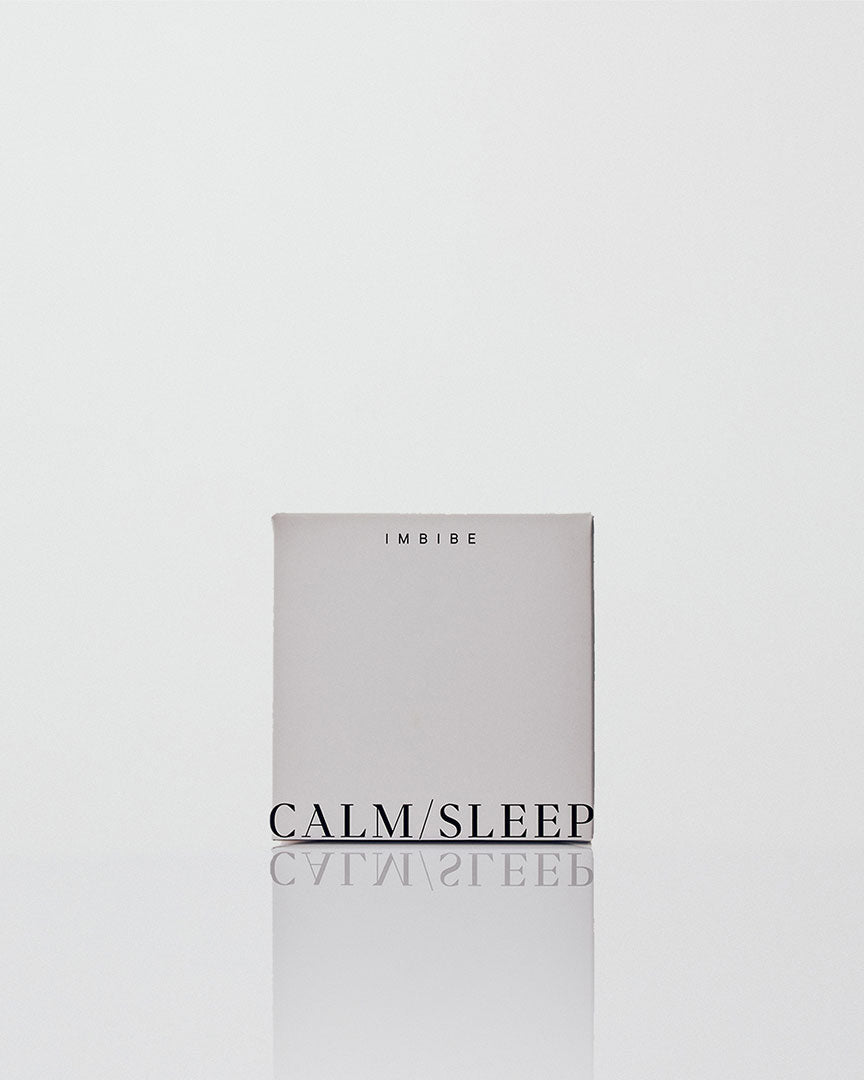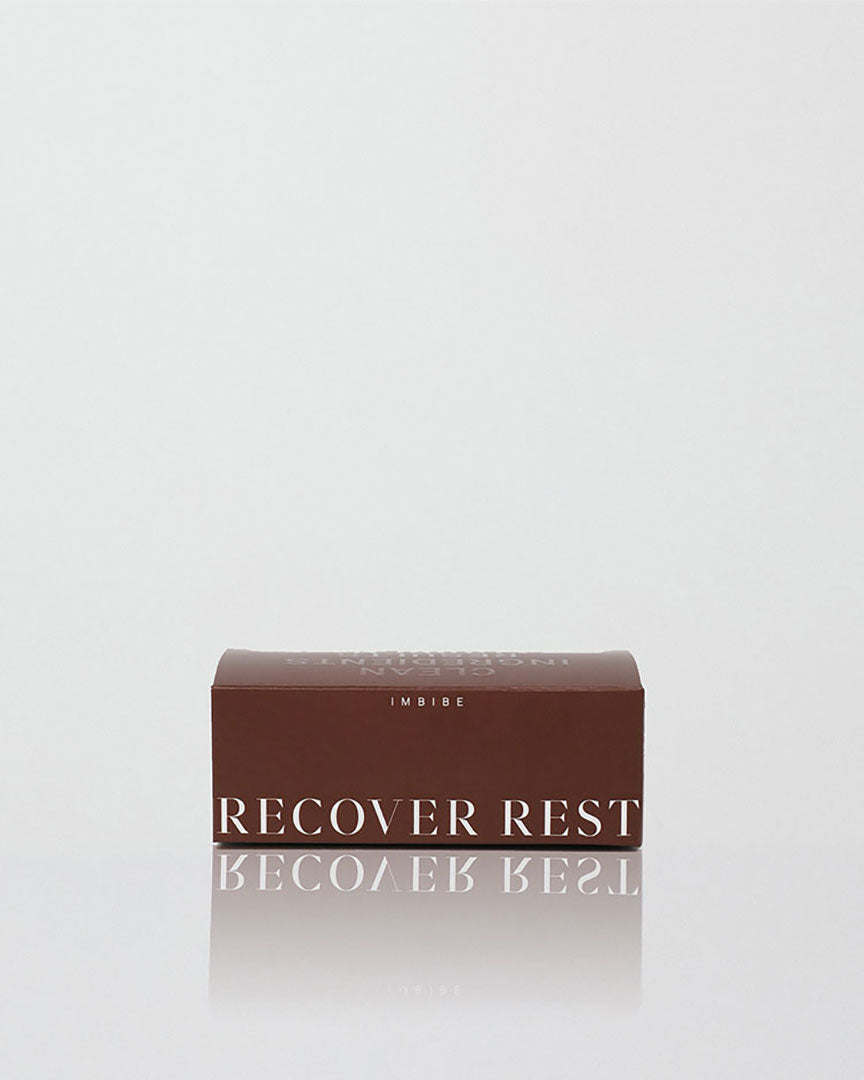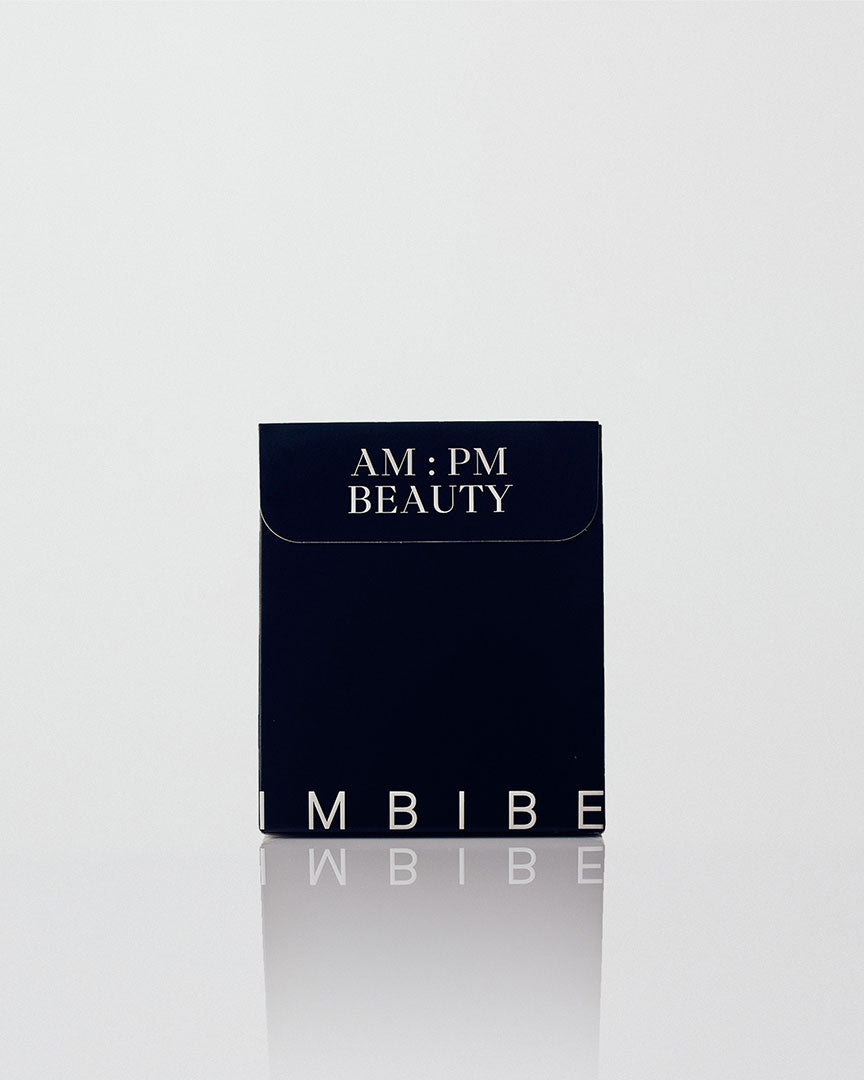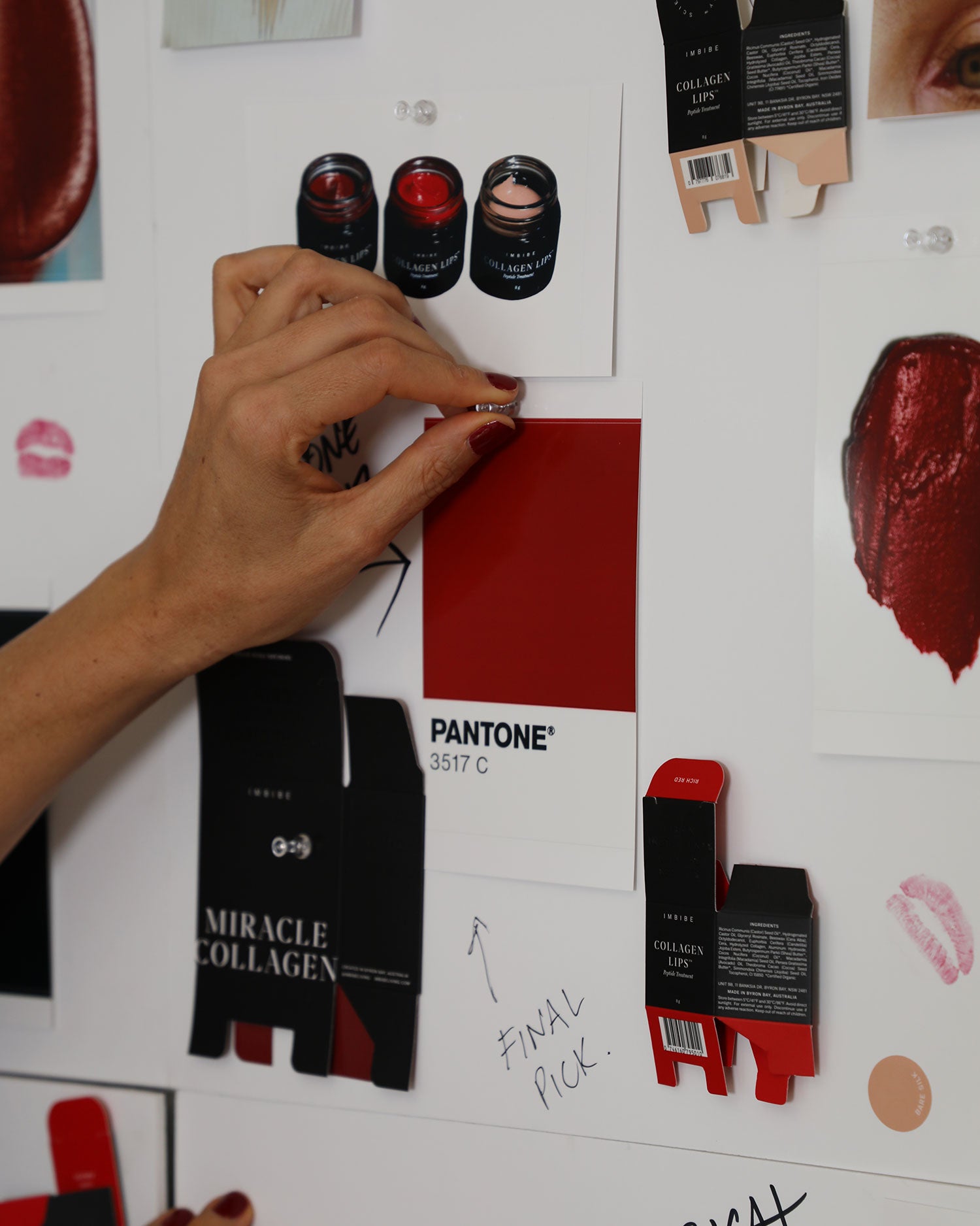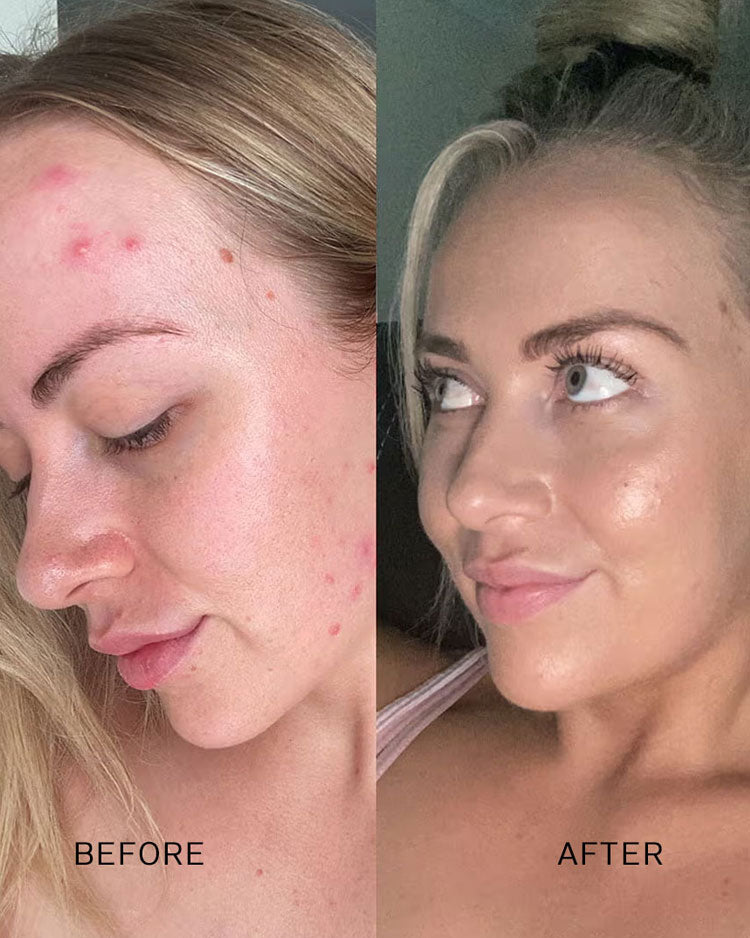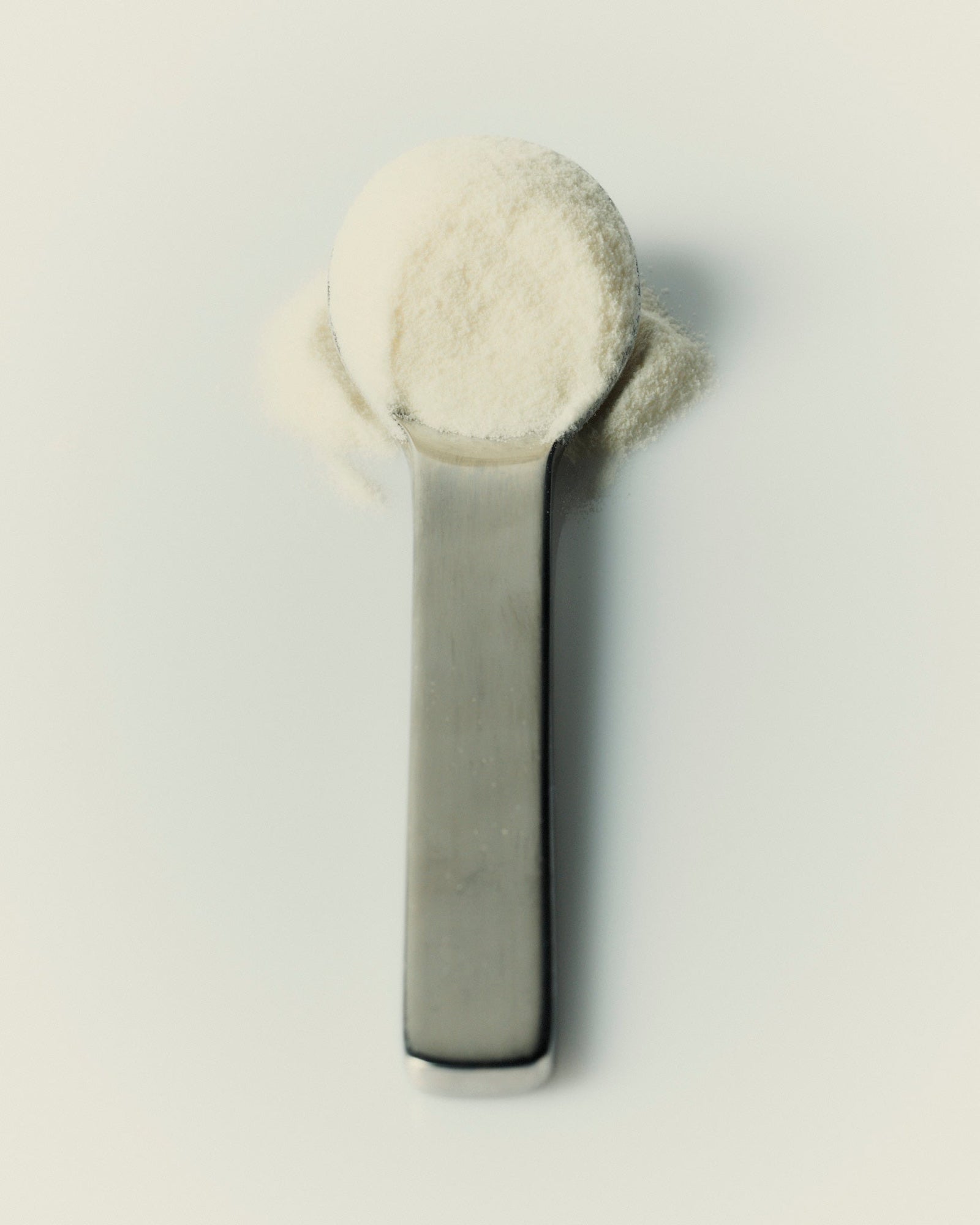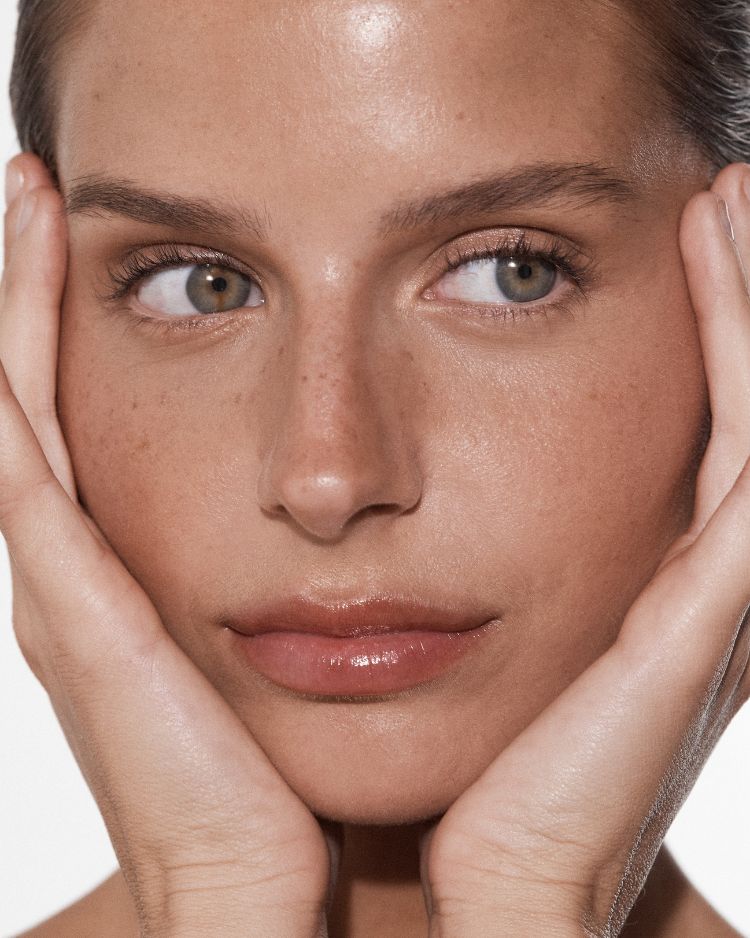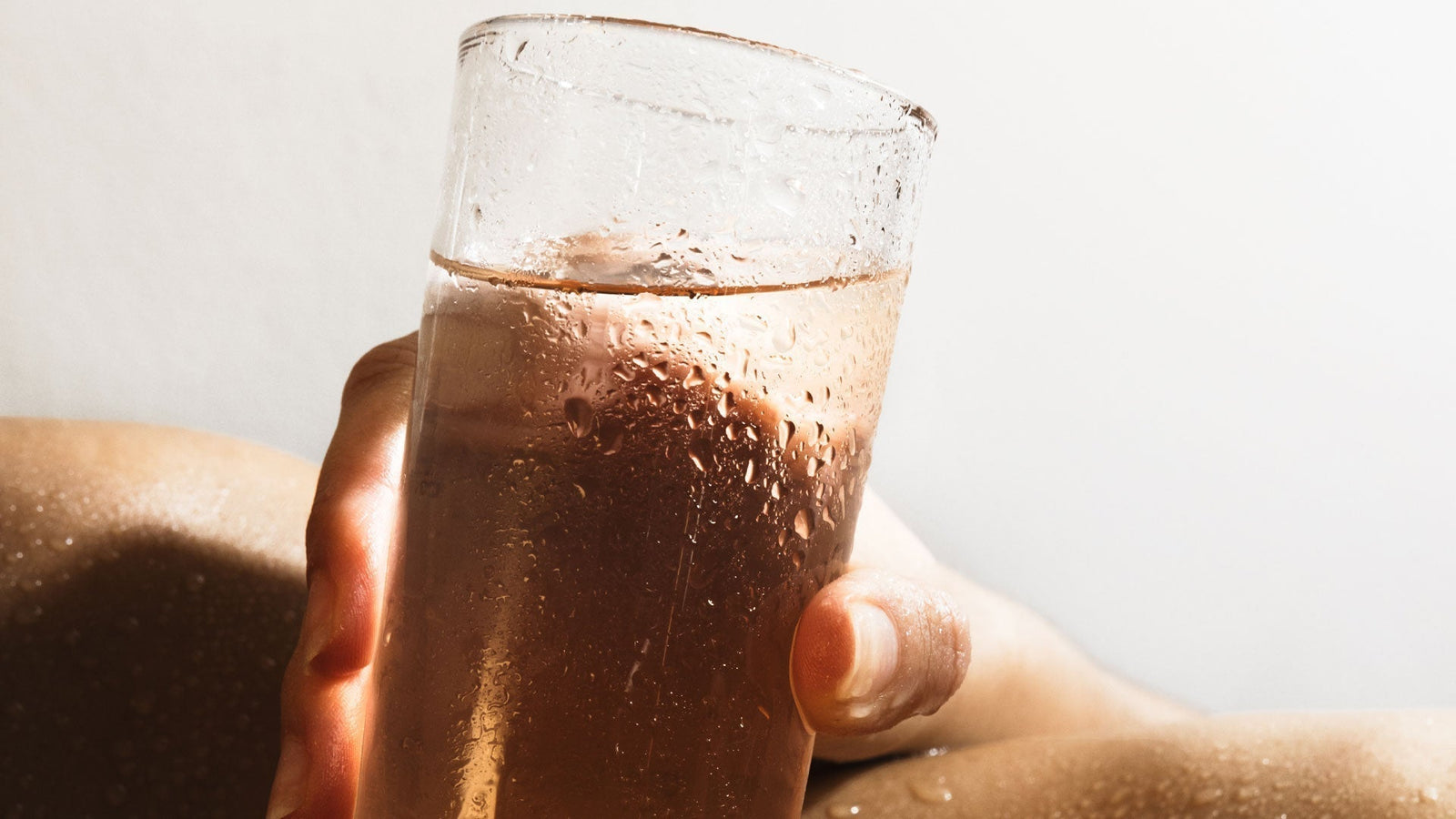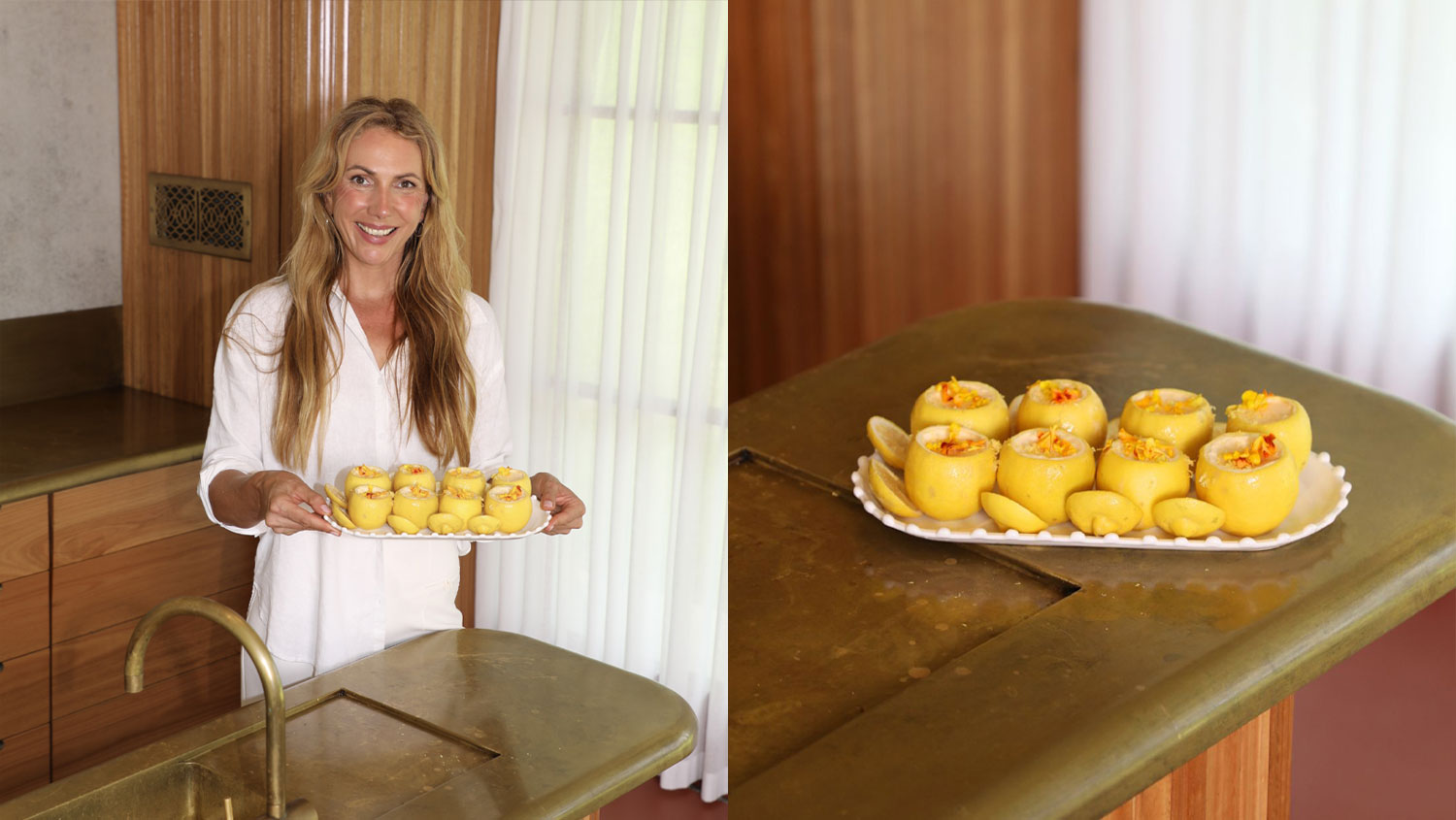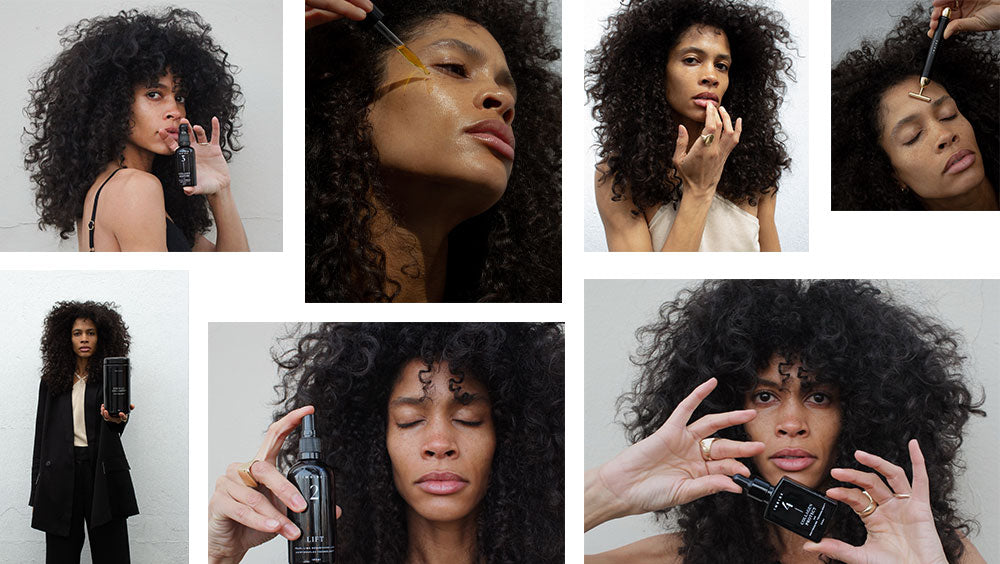
When it comes to radiant, glowing, vibrant skin accompanying us through all of our days, we take a firm two-fold approach: supplementation + prevention.
With collagen being our ‘fountain of youth’ and the main influence in bouncy, healthy skin, absolutely everything we do aims to supplement and support an abundant production of collagen, as well as to help prevent its natural degradation. Which makes us feel a little more in control, in a completely out-of-control world (*and by that we mean the beauty industry - aka. our world).
So how are we keeping our collagen alive and thriving (and how can you too)?
What is Collagen?
First and foremost, collagen is the most abundant, naturally occurring, structural protein found in the human body and accounts for one-third of all protein composition necessary for nearly all tissue development and repair.
Collagen is the most abundant, naturally occurring, structural protein found in the human body.
It’s considered the foundational building blocks of bones, skin, muscles, tendons and ligaments, blood vessels, hair and teeth. Collagen acts like a sort of human-glue, stitching and holding together all the scaffolding and cellular structure that gives our skin longevity and integrity.

There are 28 different types of collagen naturally found in the human body and 90% are types I, II III.

TYPE I
This is the most abundant collagen naturally occurring in the body and is primarily found in skin, tendons, bones, eyes and teeth. It is ultimately famous for minimising fine lines and wrinkles while improving skin elasticity and hydration.
TYPE II
This is the main component of cartilage in the body and is most commonly used for joint health, although more supporting evidence is needed.
TYPE III
This is found in large quantities in your intestines, muscles, blood vessels, and the uterus. It is a crucial component in tissues that must withstand stretching and rebounding in the body, such as the gut, stomach and skin. It’s most often used with type I collagen for gut healing and to improve skin elasticity and hydration *a highly important part*.
Supplementing Collagen
As *unequivocally* in our field of expertise, we are obsessed with our own hydrolyzed, absorbable, bioavailable form of collagen — Miracle Collagen, And for good reason. Collagen works.
According to a 2021 review, using just a hydrolyzed collagen powder for 90 days can reduce wrinkles, intensify skin hydration and improve skins overall elasticity and appearance.
Even earlier, a study conducted in 2020 found that low-molecular weight collagen peptides (as found in Miracle Collagen – the g.o.a.t), directly impacts and accelerates the production of collagen by stimulating collagen formation in fibroblast cells – (which we dive into more in our article You’ve Got It Wrong: The 3 Biggest Myths About Collagen).
Stimulating the fibroblast cells is the single most effective way to increase collagen and elastin within the skin and body. We call that, “tapping into the source”.

3 Ways to Support + Preserve Collagen Stores
So once we’ve tapped into the source, by supplementing a high-quality, bioavailable source of hydrolyzed collagen peptides, how exactly do we support and preserve that collagen?
Here’s our ritual:
- Hyaluronic acid
- Aloe Vera Gel
- High Quality Vitamin C
Hyaluronic Acid is a compound naturally produced by the body that promotes ongoing collagen production. It also intensively hydrates your skin.
A study in 2014 showed that when it came to wound healing, treatment with hyaluronic acids accelerated healing and the reduction of discolouration. It also found that following treatment, levels of collagen were higher in the skin, and specifically within the area of the wound.
FIND HYALURONIC ACID IN COLLAGEN RESTORE SERUM.

Research from 2020 also found that when it came to dermal fillers (which contain polynucleotides), that combining a standard filler with a low weight hyaluronic acid boosted the amount, and the quality, of collagen in the skin as well as skin's elasticity.
Oh hey hyaluronic acid … you might be our new BFF.

Yes, the idea of aloe vera might remind you of your worst sunburn, because aloe has always been known to heal and repair the skin. Aloe can be ingested as a gel (which can be added to smoothies) or a liquid (highly recommending an unflavoured version). Not only is aloe great for cooling and calming, but is also tremendously good for your hydration and gut health overall.
FIND ALOE VERA IN THESE PRODUCTS.


More than that, a study from 2015 found some incredible results when it came to aloe’s influence on collagen, concluding that aloe vera not only contributed to the growth of new cells, but that it also dramatically increased collagen within the skin.
Major takeaways after the 8 week study showed:
- Increased skin hydration- Reduction in wrinkle depth and appearance
- Hyaluronic acid and collagen levels nearly doubled
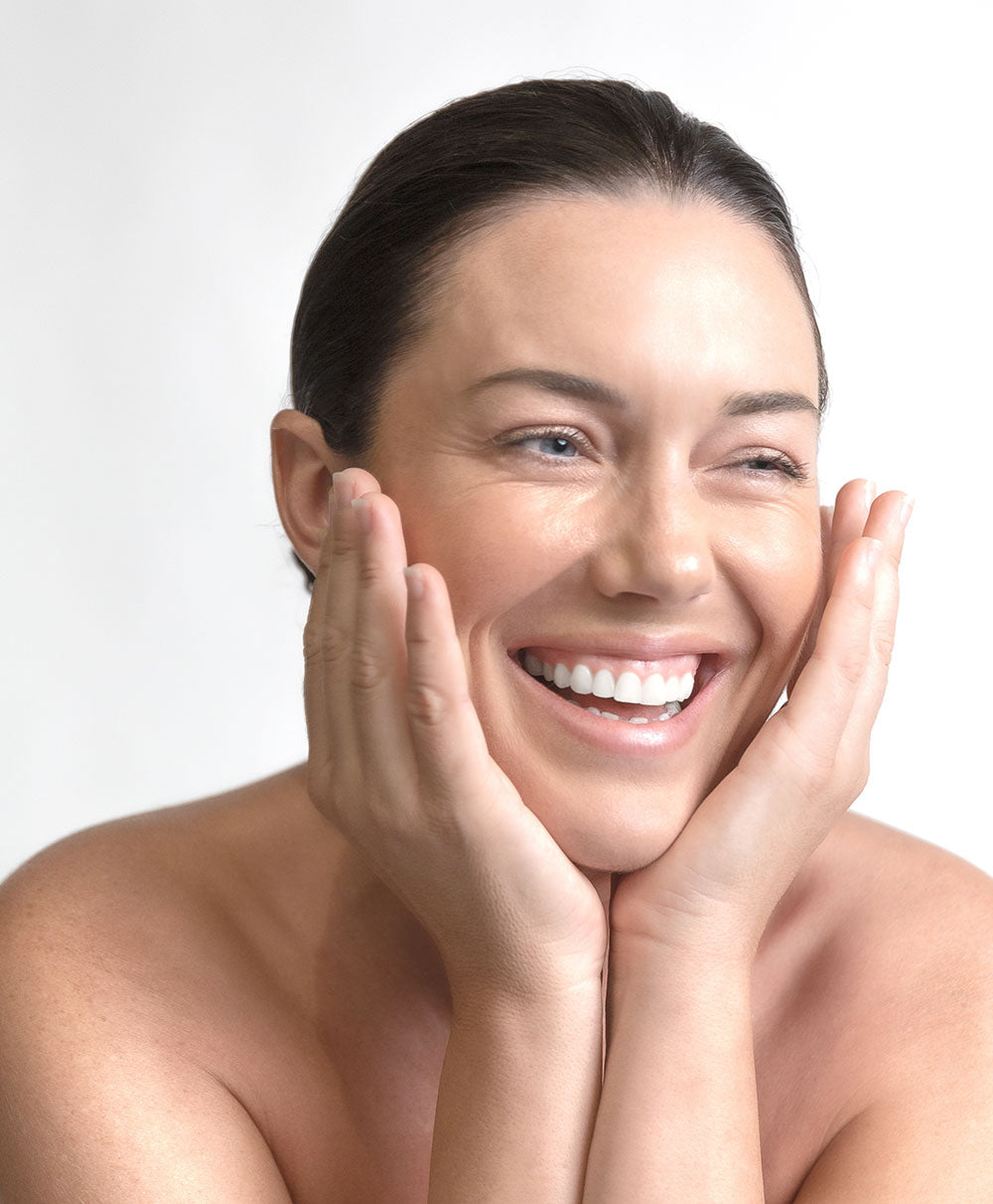
Not only is Vitamin C critical for your immune health, it’s also a staple in glowing skin. Studies show that Vitamin C is absolutely critical to the production of hyaluronic acid (which we know is critical to collagen production), making Vitamin C critical to collagen production. By increasing the number of Vitamin C rich foods, you can support and maintain natural hyaluronic acid production, and collagen synthesis.
FIND VITAMIN C IN THESE PRODUCTS.


Our favourite picks for Vitamin C? Red capsium, oranges, pomegranate seeds and kale.
And the best way to keep your collagen intake interesting? Something a little delicious, and a lot homemade, like our Chocolate Collagen Smoothie!


